During the class, the Italian cinematographer educated filmmakers about how lighting, camera, and lens technologies can help them achieve their artistic intentions. Students also learned from the award-winning cinematographer how to use industry-standard camera and lighting systems.
According to Bigazzi, the world of cinema is saying its final goodbye to negative and embracing the digital world: A Cinematographer has to be quick. He shouldn’t waste any time adjusting light on location. He should know the picture and see it through the cultural lens. Cinema is a group art form. Many people work together to make a movie. The same is true about watching films. It’s so exciting to watch a movie with a large group of people. I had this profound experience watching a movie with an enthusiastic audience in India.
According to the Italian cinematographer, digital technology is helping cinematographers take their pictures faster: This was never the case in the past. It makes economic sense to shoot your film using digital technology. It’s also easier to print and watch the final work.
He further said, "the art of cinematography is evolving faster than expected. We must adjust ourselves to the digital world. Sadly, guilds are doing whatever they can to stop younger generations form joining the Italian film industry. This has to change. Economic issues have also had an adverse impact on Italian cinema."
The famous cinematographer had worked with late Iranian writer and director Abbas Kiarostami on his 2010 film 'Certified Copy', starring Juliette Binoche and British opera singer William Shimell. Bigazzi has also worked with other directors such as Silvio Soldini, Mario Martone, Felice Farina, Gianni Amelio, Francesca Archibugi, Michele Placido, and Paolo Sorrentino.
Presided over by award-winning writer and director Reza Mirkarimi, the 37th Fajr International Film Festival is underway in Tehran until April 26.
MS/PR

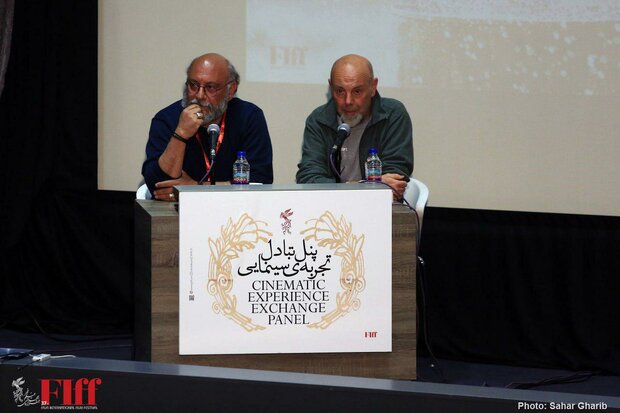
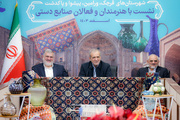
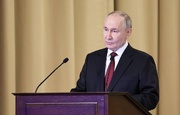
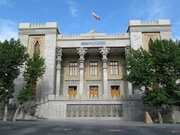


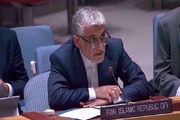
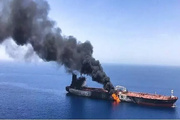
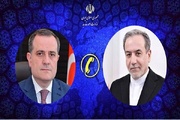
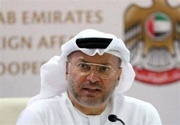
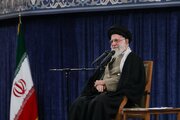
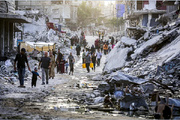


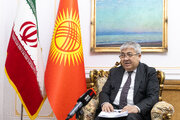
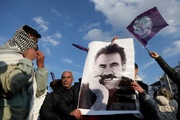
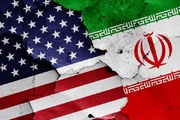

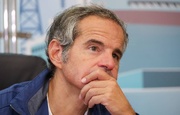
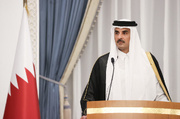
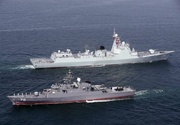


Your Comment